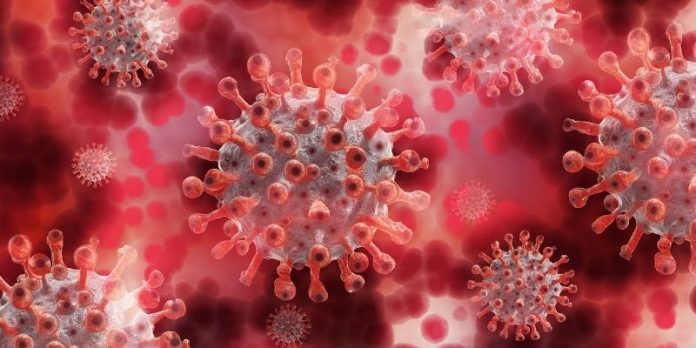
Reports from Britain and South Africa of new coronavirus strains that seem to spread more easily are causing alarm, but virus experts say it’s unclear if that’s the case or whether they pose any concern for vaccines or cause more severe disease.
Viruses naturally evolve as they move through the population, some more than others. It’s one reason we need a fresh flu shot each year.
New variants, or strains, of the virus that causes COVID-19 have been seen almost since it was first detected in China nearly a year ago.
On Saturday, Prime Minister Boris Johnson announced new restrictions because of the new strain. Several European Union countries and Canada were banning or limiting some flights from the U.K. to try to limit any spread.
Here’s what is known about the situation.
What’s concerning about the recent strain found in England?
Health experts in the U.K. and U.S. said the strain seems to infect more easily than others, but there is no evidence yet it is more deadly.
Patrick Vallance, the British government’s chief scientific adviser, said that the strain “moves fast and is becoming the dominant variant,” causing over 60 per cent of infections in London by December.
The strain is also concerning because it has so many mutations — nearly two dozen — and some are on the spiky protein that the virus uses to attach to and infect cells. That spike is what current vaccines target.
“I’m worried about this, for sure,” but it’s too soon to know how important it ultimately will prove to be, said Dr. Ravi Gupta, who studies viruses at the University of Cambridge in England. He and other researchers posted a report of it on a website scientists use to quickly share developments, but the paper has not been formally reviewed or published in a journal.
How do these new strain occur?
Viruses often acquire small changes of a letter or two in their genetic alphabet just through normal evolution. A slightly modified strain can become the most common one in a country or region just because that’s the strain that first took hold there or because “super spreader” events helped it become entrenched.































